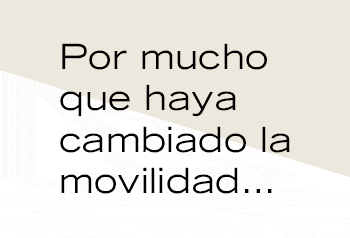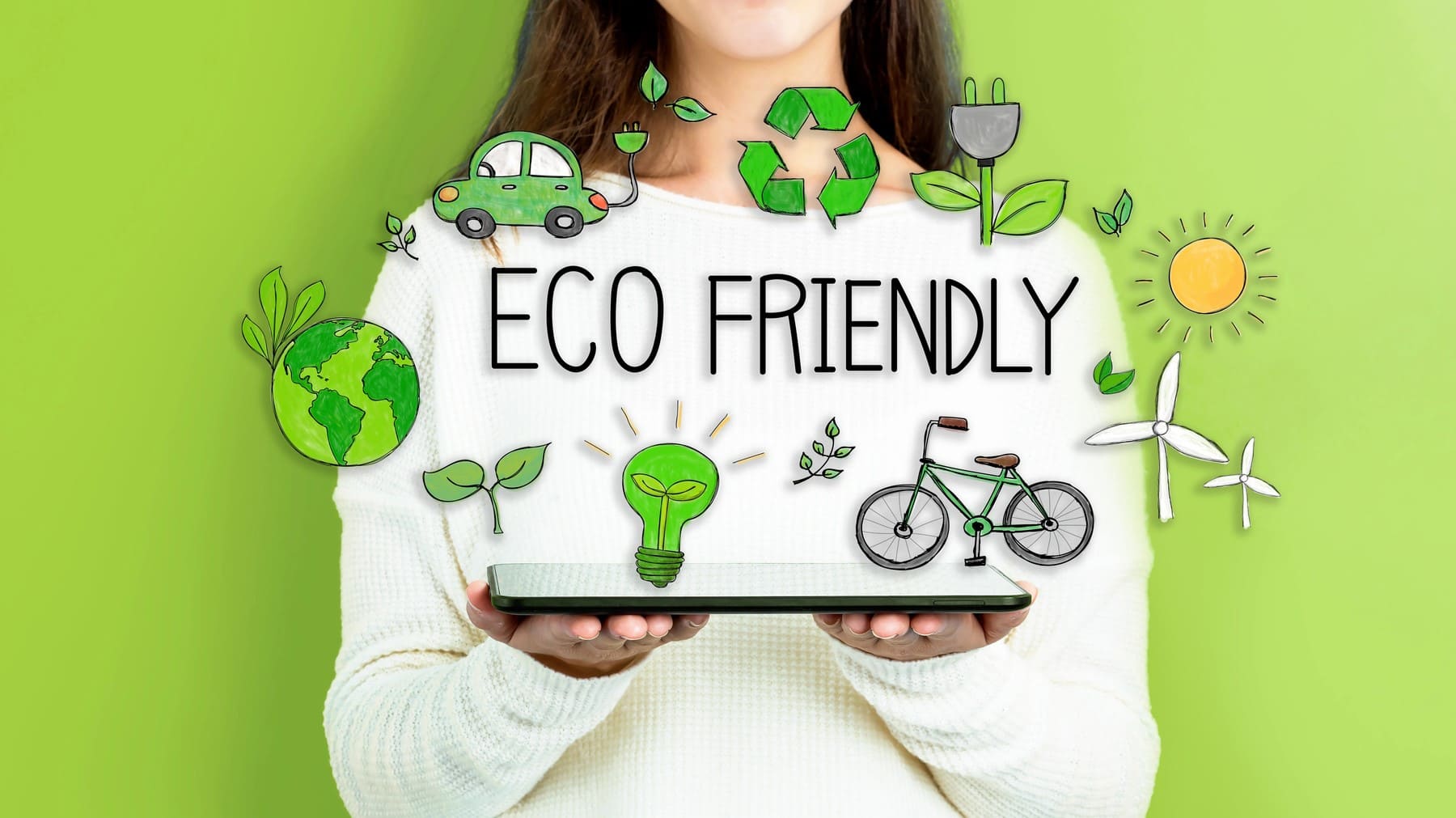The EU strives to reconcile economic growth with the need to protect the environment and has set ambitious goals in terms of reducing greenhouse gas emissions, increasing energy efficiency, promoting renewable energy and reducing waste.
This has given rise to a wide range of green jobs, which are those that contribute to the preservation of the environment, or even its restoration. To make this possible, the options of environmental training aimed at the most in-demand professions.
What are green jobs?
Los Green jobs represent a wide variety of positions in multiple sectors and involve a very diverse workforce. The expression is the subject of many different definitions, in particular those provided by the United Nations Environment Programme, by the European Commission and even by Eurostat.

But, in short, we can consider green jobs those that contribute, in one way or another, to the preservation or restoration of the environment. These can be professions that help reduce energy and material consumption, work to protect ecosystems and biodiversity, or minimize waste, landfill and pollution.
What about climate change?
The Paris Agreement, which was signed in 2015 during COP21, completed a first ‘arsenal’ global agreements against climate change. Its goal is to limit global warming to less than 2°C, and ideally to 1.5°C.


On the other hand, scientists from the Intergovernmental Panel on Climate (IPCC) have been warning of the need to act to combat climate change. Pointing out repeatedly that the rise in global temperatures must be limited to 1.5°C to minimize extreme weather events and the expected development of natural disasters.
Why has the European Commission proposed a Green Deal?
The Green Deal is a set of policies that aim in particular to realize the EU’s commitments on the international stage. The Twenty-Seven, like the European Union, as a regional organization, are signatories to the United Nations Framework Convention on Climate Change (UNCCC), which entered into force in 1994, and to the Kyoto Protocol of 1997, which makes this above convention operational. This commits the most developed countries to limit greenhouse gas emissions.
The main objective of the Green Deal is for Europe to achieve climate neutrality by 2050. This would mean that all greenhouse gas emissions, which must be significantly reduced, would be captured or absorbed by forests, soils or even oceanscalled “carbon sinks” and that through the commitment to decarbonization those emitted would be reduced.
What is the growth of the “green economy”?
The European Commission’s Europe 2020 strategy highlights the importance of achieving sustainable growth aimed at creating a low-carbon and resource-efficient economy. To achieve this, the EU has set targets to reduce greenhouse gas emissions, increase the share of renewable energy sources to meet Europe’s energy needs and increase energy efficiency.
The achievement of these objectives will lead to rapid growth of the ‘green economy’so the goal of increasing the share of renewable energy and energy efficiency is expected to grow significantly and lead to the creation of more than a million new jobs in the EU alone.
Solar energy, wind energy, biomass and waste recycling are the fastest growing areas of the green economy, so for those seeking future opportunities, all training and courses related to themis already in high demand and is expected to increase exponentially in the coming years.

